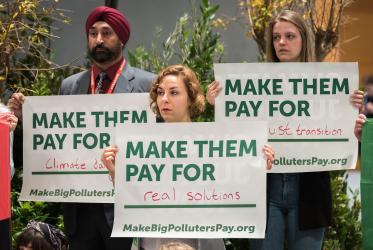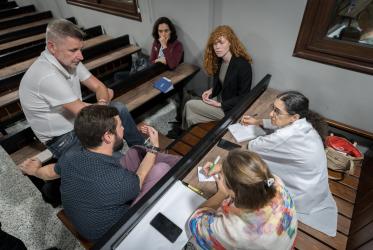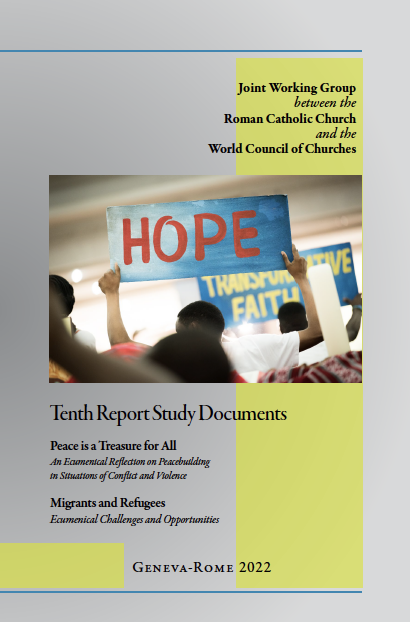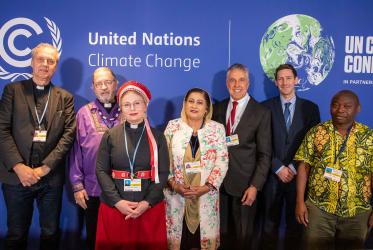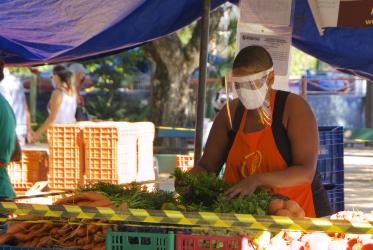Displaying 1 - 20 of 66
Tenth Report Study Documents
19 August 2022
Specialized Ministries Pre-Assembly
09 - 10 March 2022
Dr Abuom reflects on women of faith as healers of creation
05 October 2021
How racism and colonialism are exacerbating impacts of climate change
29 September 2021
Rethinking Ecological Relationships in the Anthropocene era
11 - 13 February 2021
Healing Together
A Facilitator’s Resource for Ecumenical Faith and Community-Based Counselling
15 October 2020



